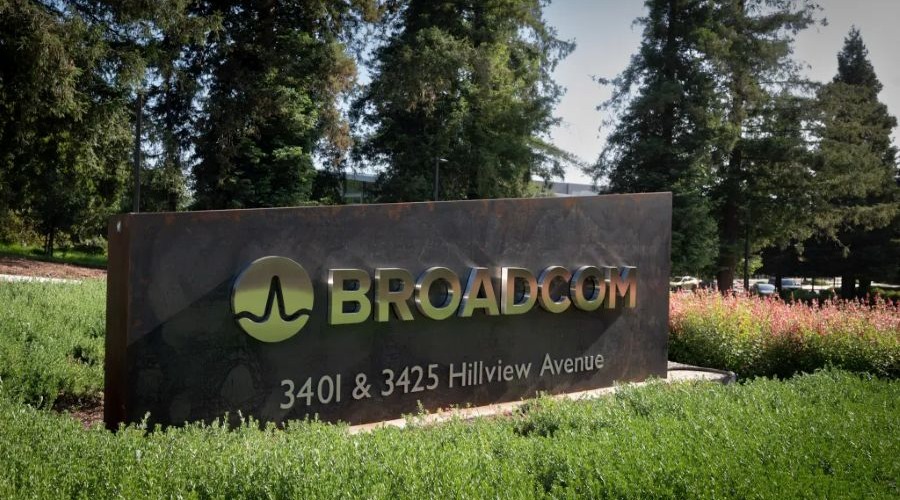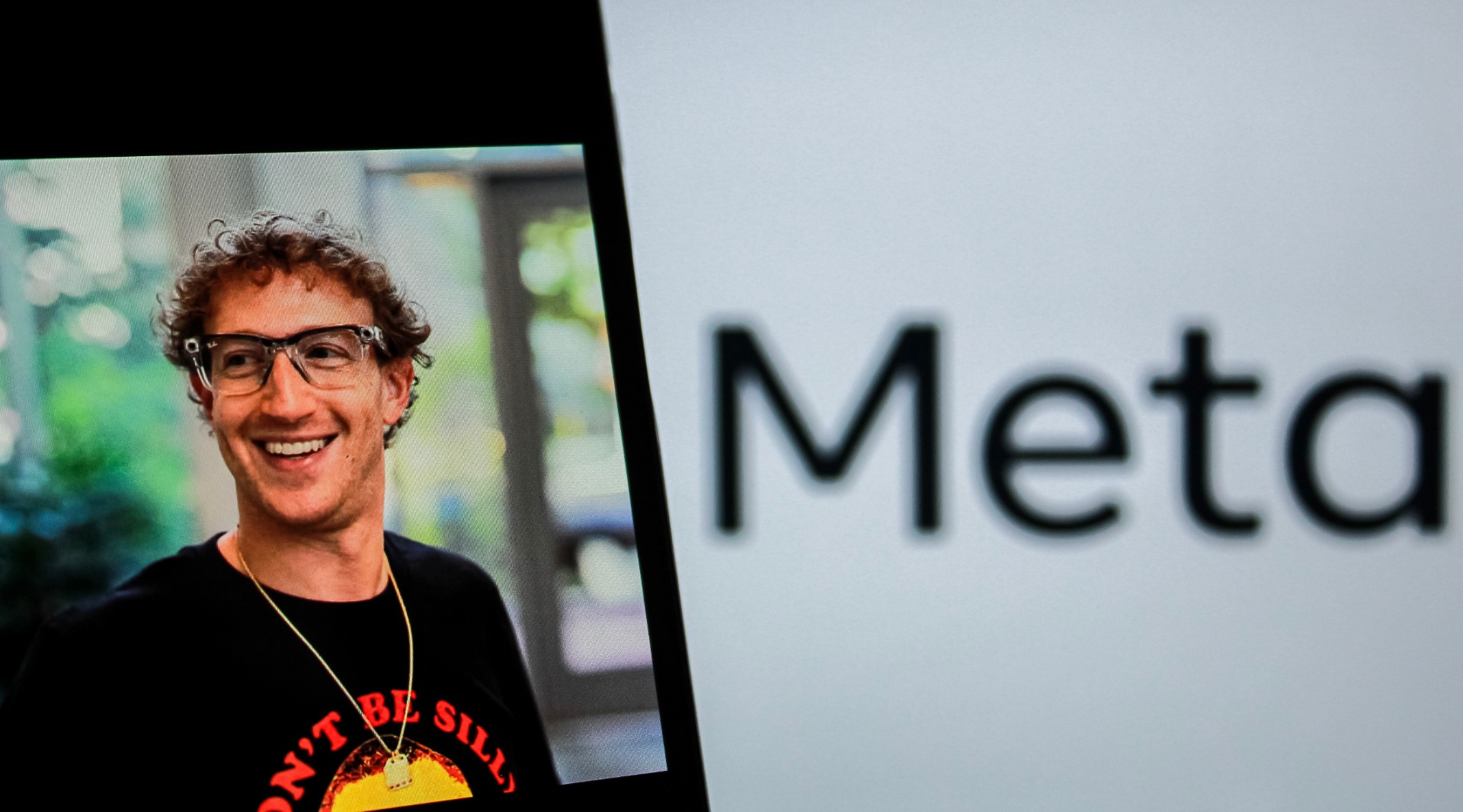As Jamie Dimon plans his exit from JPMorgan Chase, he warns of stagflation, leaving many wondering if the next CEO is prepared for the storm ahead.
When you’re Jamie Dimon, the CEO of JPMorgan Chase over a 17-year tenure that has seen just about every twist and turn in the financial world, planning for your departure isn't about making a quiet exit through the back door. You might be looking to make a strategic masterstroke—or at least, that’s what Dimon hopes to achieve before he finally retires. But as he makes it clear that his most important job right now is figuring out who takes the reins next, there’s a lot more at stake than just picking a successor.
Succession: Dimon's Biggest, Boldest Task Yet
Jamie Dimon has steered the financial behemoth through the 2008 financial crisis, a pandemic, and everything in between. Now, he has put his succession plan at the top of his agenda, describing it as his "most important task"—and rightly so. According to Dimon, preparing for succession is not just about maintaining the bank’s stellar reputation but also about safeguarding its stability and growth trajectory long after he's gone. JPMorgan’s board has been keeping succession planning under lock and key for years, and no doubt there are multiple internal candidates in the wings, waiting for their shot at the big chair.
Among those in the spotlight are investment banking lead Marianne Lake and consumer business boss Jennifer Piepszak to name just two. Both women are well-versed in JPMorgan’s inner workings, with years of experience and the respect of their peers.
The board is also eyeing JPMorgan Chase President Daniel Pinto. But here’s the rub: no one can really fill Dimon's shoes—especially since they’re not just any shoes. They're more like steel-toed boots fit for stomping through financial meltdowns and crises.
Dimon’s Departure: The Impact on JPMorgan and Beyond
So, what does Dimon’s departure mean for JPMorgan? For starters, it signals a potential shift in the bank's culture, strategy, and perhaps even its public persona. Dimon has long been the voice of reason—and sometimes, controversy—on Wall Street, not afraid to speak his mind or ruffle a few feathers along the way. Without him, there’s a risk that JPMorgan could lose some of its boldness and candor.
But there's also the impact on the stock market and investor sentiment. Dimon has been a pillar of stability; his departure could send ripples through the market, affecting not just JPMorgan but other financial institutions as well. And that’s without factoring in the challenges the next CEO will face, from navigating regulatory hurdles to managing a global bank in a world where economic uncertainty has become the new normal.
Stagflation: Dimon's Parting (?) Warning
Speaking of uncertainty, Dimon isn't leaving quietly. Just yesterday, he issued a stark warning about the possibility of stagflation—a situation where inflation and unemployment rise simultaneously while economic growth slows. According to reports, Dimon is sounding the alarm bells that stagflation could hit the U.S. economy like a freight train and he's claiming it would be worse than a recession. Given his track record, people are listening.
But let’s be honest—stagflation isn’t the kind of buzzword that gets the heart racing. Yet, it’s precisely this kind of economic turbulence that could define the tenure of Dimon’s successor. The next CEO will need to be prepared not just to maintain JPMorgan's financial strength, but also to navigate a potentially choppy economic landscape where traditional strategies might not apply.
A Baptism of Fire?
Dimon's legacy is a tough act to follow, no doubt. But add to that the growing concerns about economic conditions like stagflation, and you’ve got a real baptism by fire for whoever takes over. Will the new CEO be a risk-taker like Dimon, or more conservative in their approach? The jury's out, but one thing’s for sure: the stakes have never been higher.
As Dimon gets ready to step down, he's not just leaving behind a bank. He's leaving behind a challenge—a challenge to maintain the firm’s competitive edge while bracing for possible economic headwinds. The next leader of JPMorgan Chase will need to be more than just competent; they will need to be fearless, decisive, and ready to face a world of unknowns.
So, what happens when Jamie Dimon finally decides to pack up his office? One thing is certain—Wall Street will be holding its breath. Dimon has not only shaped JPMorgan Chase into a financial powerhouse but has also been one of the most influential voices in the industry. As he plots his exit, he leaves behind big shoes to fill, and a list of challenges as long as his legacy. But if there’s one thing we've learned from Dimon, it’s this: expect the unexpected.
For more stories from around the worlds of finance and investment, visit our Trending section.


















